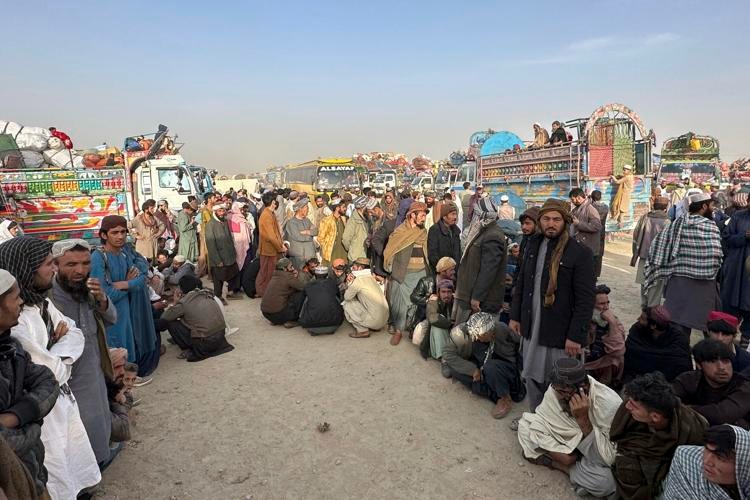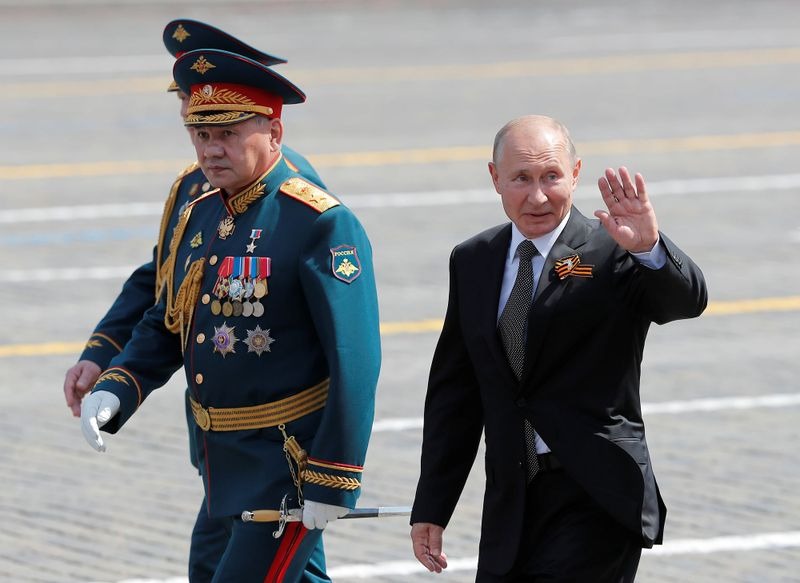The recent decision by Pakistan to deport over 1.5 million allegedly undocumented Afghan refugees and migrants has reignited tensions between the two neighboring nations. Pakistan claims that most Afghans left voluntarily, a position firmly rejected by Kabul, which labels the action as “unilateral” and “humiliating.” Since the October 31 deadline for refugees to leave Pakistan or face detention, more than 200,000 Afghans have crossed into Afghanistan, leading to stringent criticism from the Afghan government. Bilal Karimi, spokesperson for the Afghan government, has characterized this move as a profound injustice that could have long-term repercussions on the relations between the two countries.
Afghanistan Rejects Pakistan’s Claims of Voluntary Departure
Pakistan’s assertion that most Afghans left voluntarily is at the heart of the dispute. Kabul categorically rejects this claim, characterizing Pakistan’s actions as unilateral and humiliating. According to Karimi, the expulsion of such a large number of Afghan refugees, especially as winter approaches, is a harsh and unfair decision that contravenes the principles of good neighborliness. Historically, Pakistan has been a refuge for tens of thousands of Afghan refugees who sought shelter during the Soviet invasion and later, following the US-led intervention in the early 2000s. More recently, hundreds of thousands of Afghans fled to Pakistan after the Taliban’s rise to power in 2021. Pakistan contends that only 2.2 million Afghans hold government-approved documents, allowing them to stay, out of the nearly 3.8 million Afghan nationals residing in the country.
Deteriorating Relations Over TTP and Security Concerns
One of the key issues contributing to the strained relations between the two countries is the presence of the Tehreek-e-Taliban Pakistan (TTP), a banned militant group closely ideologically aligned with the Taliban in Afghanistan. The TTP, established in 2007, aims to enforce a strict interpretation of Islamic law in Pakistan and has been responsible for numerous deadly attacks. The group is believed to operate from safe havens in Afghanistan, prompting Pakistan to accuse Afghan authorities of harboring and supporting the TTP. Afghan officials have consistently denied these allegations, insisting they are not involved in Pakistan’s internal security issues.
Experts Weigh In on the Controversial Deportation Policy
As tensions escalate, analysts are divided on the motives behind Pakistan’s deportation policy. Abdul Basit, a research fellow at S Rajaratnam School of International Studies in Singapore, believes that Pakistan’s decision is a result of failed negotiations with the Afghan Taliban and represents a desperate attempt to exert pressure on Kabul to act against the TTP. Basit describes the forced return of refugees as ethically and morally wrong, potentially exacerbating existing problems.
On the other hand, security analyst Muhammed Zeeshan argues that the Afghans have become exploitable havens for armed groups like the TTP, leading to the need for a more stringent approach. He suggests that Pakistan should prioritize its own survival and security over the concept of brotherhood.
Journalist Sami Yousafzai contends that the deportation policy may reinforce the already skeptical view of Afghan citizens toward Pakistan. The forced return of refugees to Afghanistan, especially under the Taliban’s rule, is a nightmare for many who fled in fear. Basit concludes by portraying Afghan refugees as the victims in this ongoing struggle against the TTP, suffering from a conflict that has unfolded over four decades, with no end in sight.
The deportation of Afghan refugees has brought to the forefront the complex and multifaceted issues that define the relationship between Afghanistan and Pakistan. The fate of these refugees and the ongoing security concerns continue to strain the fragile ties between the two nations, leaving many to wonder about the potential consequences of this controversial move.
















